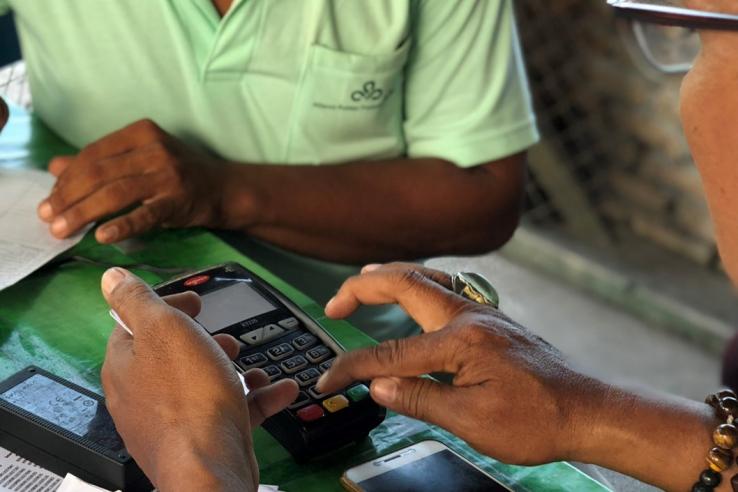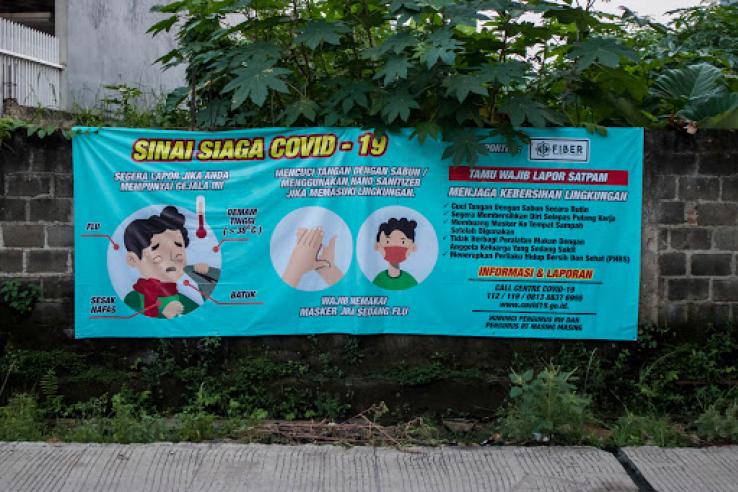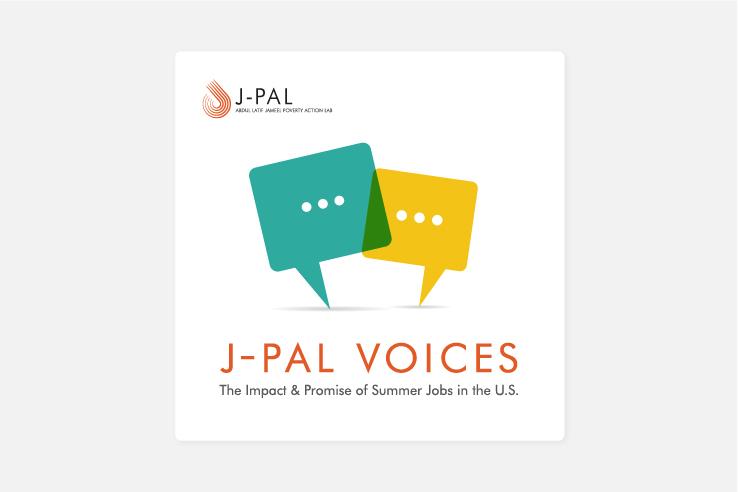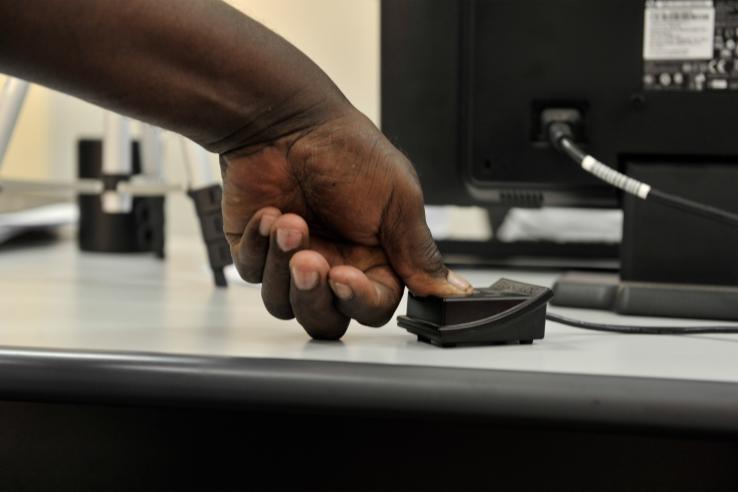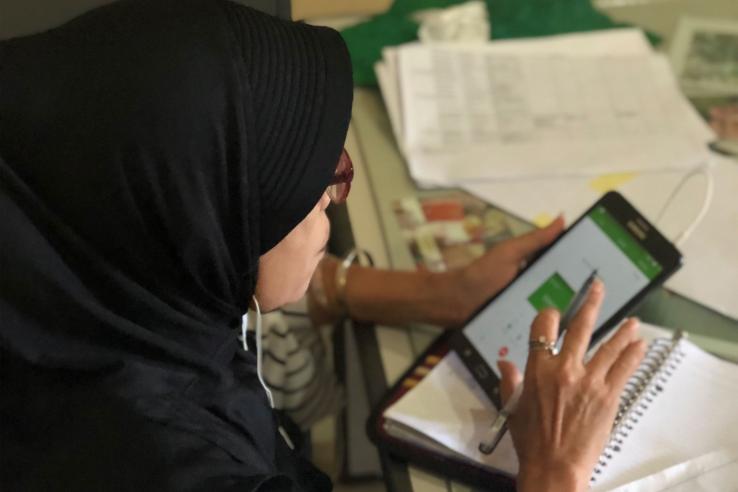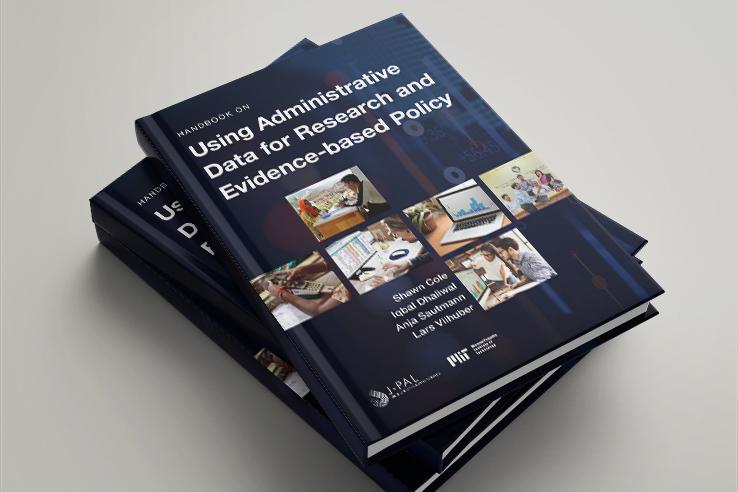Displaying 1786 - 1800 of 8491
Blog
Keberhasilan Indonesia dalam meningkatkan inklusi keuangan dalam beberapa tahun terakhir didukung oleh komitmen yang kuat dari pemerintah dan sektor swasta, serta pesatnya inovasi teknologi terutama yang mendukung penyediaan layanan keuangan digital atau digital financial service (DFS). Memperluas...
Person
Amber joined J-PAL in August 2012 as a Research Manager for the pilot Emissions Trading Scheme (ETS) evaluation, which seeks to design, implement, and evaluate a pilot trading scheme for particulate matter emissions from industrial sources in Gujarat, Maharashtra, and Tamil Nadu.
Blog
In an op-ed for Project Syndicate, Rema Hanna and Ben Olken explain that expanding social protection to reach the most vulnerable people must be a pillar of every country’s COVID-19 strategy.
Resource
Basic page
In this podcast from J-PAL North America, we bring you the stories behind the impact. Hear from advocates and program coordinators, researchers, and most importantly, the participants themselves about why summer jobs programs matter to them and why they should matter for all of us.
Blog
The Digital Identification and Finance Initiative (DigiFI) is excited to announce a blog series that looks at the various facets of digital identification (ID) and payment systems.
Update
J-PAL Updates
J-PAL Digital Identification and Finance Initiative in Africa (DigiFI Africa) is honored to be one of the pillars of the G7 Partnership for Women’s Digital Financial Inclusion in Africa. Through DigiFI, J-PAL Africa will support gender-specific research to ensure digital innovations promote the...
Blog
Social distancing guidelines in Indonesia and around the world have profoundly impacted many aspects of people’s lives, from the way we communicate to the ways we work, shop, and transact. These shifts have brought the potential of digital financial services as a means of easing some of the economic...
Blog
Alicia Sasser Modestino is affiliate and an associate professor of public policy and urban affairs and economics at Northeastern University. Modestino also serves as the Director of Research at Northeastern University’s Dukakis Center for Urban and Regional Policy.
Blog
Learn how J-PAL staff have come together to build a vibrant virtual community in face of the COVID-19 pandemic.
Blog
Perkembangan terbaru di Indonesia semakin memperbesar pentingnya layanan keuangan digital (LKD) terutama potensinya dalam meringankan beban ekonomi akibat pandemi COVID-19. Meskipun informasi anekdotal menunjukkan bahwa penggunaan LKD di tengah pandemi ini sedang meningkat, pembuat kebijakan di...
Blog
The Innovations in Data and Experiments for Action Initiative (IDEA) is excited to announce the release of the Handbook on Using Administrative Data for Research and Evidence-Based Policy co-edited by Shawn Cole, Iqbal Dhaliwal, Anja Sautmann, and Lars Vilhuber.
Resource
Basic page
Blog
J-PAL health sector co-chairs and staff discuss some lessons from the evidence for increasing adherence to Covid-19 guidelines
Blog
At J-PAL, we help promote evidence-based policies by ensuring that decision-makers have access to scientific evidence on the questions that matter. But what spurs these research-policy connections in the first place?
Blog
Using de-identified location data captured in smartphones, researchers worked with J-PAL Southeast Asia to study movement patterns to analyze how Indonesians changed their behaviors during the initial phases of COVID-19 and during the lockdown.
